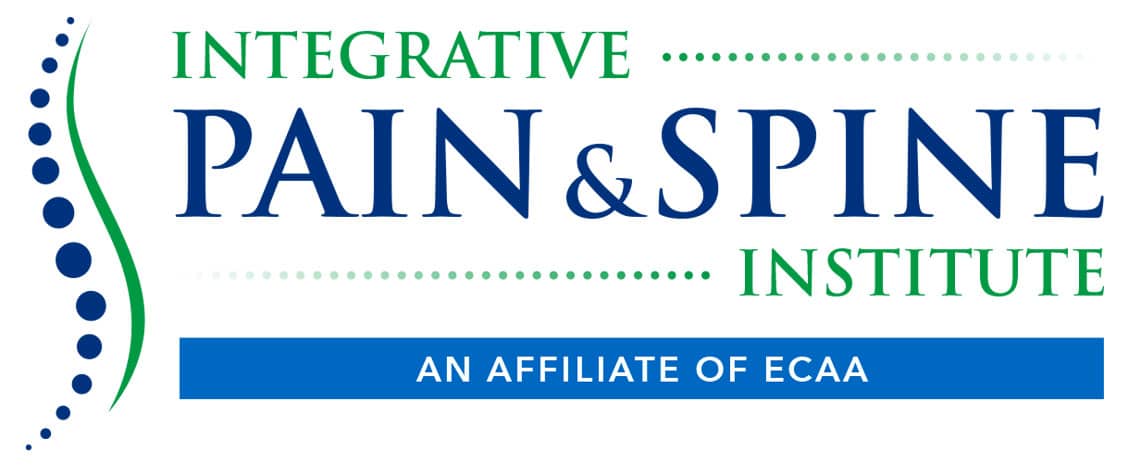Knee pain is a common issue affecting people of all ages. In fact, knee pain affects approximately 25% of adults according to the American Academy of Family Physicians. Over the past 20 years, there has been an increase in prevalence by 65%, accounting for nearly 4 million doctor visits annually. Whether due to injury, arthritis, or other conditions, understanding the factors that can exacerbate knee pain is crucial for managing and alleviating discomfort. This article will explore various elements that can worsen knee pain, providing insights into how to avoid or mitigate these aggravators.
1. Excess Weight
Carrying extra weight places additional stress on the knee joints. Every pound of body weight translates to about four pounds of pressure on the knees during activities such as walking, running, or climbing stairs. Consequently, being overweight or obese can significantly worsen knee pain, especially in conditions like osteoarthritis.
2. Lack of Exercise
While it might seem counterintuitive, not exercising can worsen knee pain. Regular physical activity strengthens the muscles around the knees, improving joint stability and reducing the strain on the knee joint itself. Conversely, a sedentary lifestyle can lead to muscle weakness and joint stiffness, exacerbating pain.
Outlined below you will find basic exercises that can help alleviate stress on the knee joints.
3. Overuse and High-Impact Activities
Engaging in repetitive or high-impact activities, such as running, jumping, or heavy lifting, can strain the knee joints. Overuse can lead to conditions like tendinitis, bursitis, or exacerbation of arthritis symptoms. Balancing activity with adequate rest and opting for low-impact exercises, like swimming or cycling, can help prevent overuse injuries.
4. Improper Footwear
Wearing shoes that lack proper support or cushioning can alter the alignment and mechanics of your legs, increasing the stress on your knees. High heels, worn-out sneakers, or shoes without arch support can contribute to knee pain. Choosing footwear that provides adequate support and cushioning is essential for maintaining knee health.
5. Poor Posture and Gait
Poor posture and improper walking or running mechanics can place undue stress on the knees. Issues such as overpronation (foot rolling inward) or supination (foot rolling outward) can affect knee alignment and lead to pain. Consulting with a physical therapist for gait analysis and corrective exercises can help improve posture and walking mechanics.
6. Inadequate Warm-Up and Stretching
Jumping into physical activity without a proper warm-up can increase the risk of knee injuries. Warm-up exercises enhance blood flow to the muscles and improve joint flexibility, preparing the body for more strenuous activity. Similarly, stretching before and after exercise helps maintain muscle flexibility and joint range of motion, reducing the risk of pain and injury.
7. Injury History
Previous knee injuries, such as ligament tears, meniscal injuries, or fractures, can lead to chronic knee pain. Scar tissue, weakened muscles, and joint instability from past injuries can make the knee more susceptible to pain and further injury. Proper rehabilitation and ongoing strengthening exercises are vital to managing pain and preventing re-injury.
8. Inflammatory Diet
Certain foods can contribute to inflammation in the body, potentially worsening knee pain, especially in conditions like arthritis. Diets high in processed foods, sugars, and unhealthy fats can increase inflammation. Conversely, anti-inflammatory foods like fruits, vegetables, whole grains, lean proteins, and omega-3 fatty acids can help reduce inflammation and knee pain. Try to incorporate one of the healthy options in the graph below at least once a day.
9. Weather Changes
Many people with chronic knee pain report increased discomfort during cold or damp weather. While the exact mechanism is not fully understood, changes in barometric pressure and temperature can affect joint fluid and tissue, potentially increasing pain and stiffness. Staying warm and active can help mitigate weather-related pain.
10. Ignoring Pain
Pushing through knee pain without addressing the underlying cause can lead to more severe issues. Pain is a signal that something is wrong, and ignoring it can result in further damage and chronic pain. Seeking medical advice and addressing knee pain early can prevent more serious complications.
Understanding the factors that worsen knee pain is crucial for effective management and prevention. Maintaining a healthy weight, staying active with low-impact exercises, wearing proper footwear, and paying attention to posture and mechanics can all help reduce knee pain. Additionally, addressing dietary choices and being mindful of weather-related changes can contribute to overall knee health. If knee pain persists, consulting with a healthcare professional for a tailored treatment plan is essential for long-term relief. For a consultation with Dr. Manvar, contact us at 704-317-1440.
